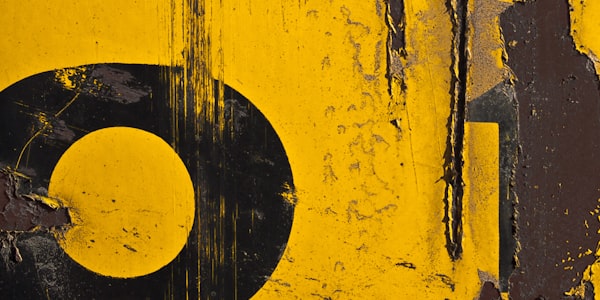If experience is the new social currency, as globally marketers are maintaining, then Cape wine tourism is ideally poised to capitalise on this trend.
Increasingly, marketing specialists are highlighting the value of experience over the acquisition of artefacts as more and more the notion of ‘being’ rather than ‘having’ is shaping our ideas of who we are. This is great news for the travel industry and gives us at the Cape some spectacular advantages.
“We have what must arguably count as amongst the most breathtakingly beautiful wine-growing regions anywhere in the world, underpinned by sophisticated infrastructure and efficient and increasingly knowledgeable service. Most of our wine-growing areas are also relatively close to one another and offer easy access to tourists with just a few days or even hours in which to explore. Despite their proximity to one another, these areas are also physically and experientially distinctive. It’s a combination that is pretty hard to beat. Plus, our wine tourism promises and delivers encounters that are refreshingly different, fun and fascinating, and that is what people are hungering after!
“Whether a 20-minute drive from Cape Town’s city centre or a two-to three-hour trip away, there is an abundance of opportunity to sample a taste of the Cape lifestyle. Our Winelands offer a rich diversity of traveller experiences from grand or informal gourmet wining and dining to foraging, picnics, a dip into the arts, history and culture, hiking trails, ziplining, shark diving, extreme sports and access to original wines and dynamic, engaging winemakers.”
Thompson points to a recent article in Luxury Daily that underscores the close association between experience, luxury and self-expression in which Ana Anjelic writes: “Hunting for a unique experience makes us unique, much more than owning a material good does. Traditional luxury goods may be reflections of our identity, but experiential luxury purchases are our identity. “
The growth in tourism to the Cape, not only from traditional European destinations but increasingly from the Americas, Asia and Africa, would seem to bear this out.
The Western Cape continues to see year-on-year increases in travel to the province, despite the volatility of the global economy. And, the Winelands, that represent the most popular attraction after the V&A Waterfront, are clearly benefitting.
The findings of a wine industry study by Conningarth Economists, released earlier this year, showed that R6bn was generated through wine tourism in 2013. In addition to the economic activity generated by domestic tourists, 43% of all overseas visitors to the Western Cape visited the Cape Winelands – wining, dining, shopping and staying in hotels.
Wines of South Africa, says Thompson, works in a variety of ways to amplify the Cape wine lifestyle experience, addressing trade and consumers in its marketing initiatives.
“Sommeliers are an important target for us. Their rising influence is an expression of the importance of experience. They offer diners an entrée to new tastes. By working with sommeliers and exposing them to our wines, we are ultimately reaching a widening group of consumers. This was the rationale for our triennial Sommelier World Cup in which 12 nations compete for the reigning title.
The national competitors, chosen in a preliminary contest based on their familiarity with South African wines, spend a week in the Winelands, tasting, meeting winemakers, working but also doing some of the things that tourists do and immersing themselves in our environment before the final round to identify the winner.
“Since its inception in 2010, the Sommelier World Cup has played a key role in building the onconsumption presence of the South African wine category amongst participating countries, helping to strengthen our value performance. The finalists become de factoambassadors. They tell their colleagues and also their customers about us and so our reputation advances, obviously helped by the excellent reviews our wines are increasingly earning amongst highprofile critics and other tastemakers.”
The next Sommelier World Cup will be staged in 2016.
“When we host trade shows, we focus on the wines, of course, but we also highlight the features that make the Cape so unique, so compelling and so appealing for travellers, adventurous or otherwise, regardless of their budgets. Because we are not just selling wine, we are selling an experience, encapsulated in every bottle.”
Wines of South Africa is one of the driving forces behind the Great Wine Capitals Best of Wine Tourism competition, run annually, and Cape Town/Cape Winelands is a member of the international network of leading winemaking cities. “The competition is a way for our wine tourism providers to benchmark themselves. It’s also a way to reach wine lovers, raising awareness of our abundance of amazing wine tourism experiences.”
Thompson says Wines of South Africa also works with retailers in running generic South African promotions in many of its key markets and these are often linked with incentives of visits to the Cape. “Whatever the monetary value of these experiences, they cannot be measured quantitatively. We offer visitors, what they describe, once they have been here, as an experience of a lifetime.
More details are available from
www.capewine2015.com.
Facebook: Cape Wine 2015
Twitter: @CapeWine2015
15 – 17 September 2015
more on wineland.co.za




